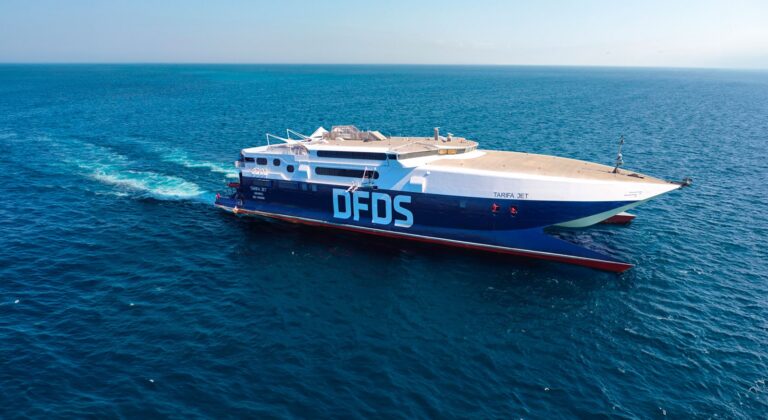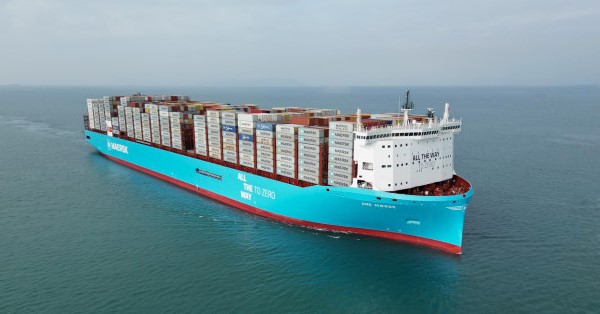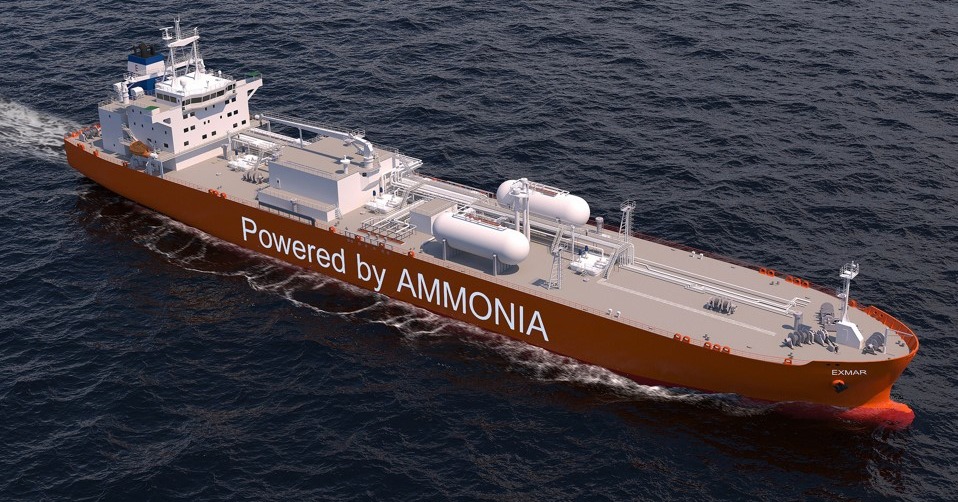DFDS to Launch Lifeline Ferry Service to Jersey by March 2025

Danish ferry and logistics company DFDS is set to begin a lifeline ferry service connecting Jersey, the largest of the Channel Islands, with the UK and France by March 28, 2025. Selected by the Government of Jersey, DFDS will operate freight and passenger services over the next 20 years using a fleet that includes one roll-on/roll-off passenger (RoPax) vessel, two high-speed crafts, and a dedicated freight vessel. Routes will link Jersey to Poole and Portsmouth in the UK and Saint-Malo in France, with plans to increase ferry frequency during peak periods and introduce three new vessels by 2032.The 1 billion investment underscores DFDS commitment to decarbonization, with six battery electric ships planned for its English Channel routes. CEO Torben Carlsen emphasized the services role as a vital link for Jersey’s community, businesses, and visitors, while Filip Hermann, VP of BU Channel & Baltics, highlighted its support for local tourism and economy. DFDS aims to provide reliable, efficient connectivity, enhancing both travel and freight transport for the island.
|
Ane Maersk Powers Up with Green Methanol in Historic Shanghai Operation

In a significant step toward sustainable shipping, Ane Maersk, one of the worlds first methanol-powered containerships, successfully completed a historic bunkering operation at Shanghais Yangshan Port on January 1, 2025. Shanghai International Port Groups (SIPG) bunkering vessel Hai Gang Zhi Yuan supplied 3,000 tons of green methanol to the 350-meter-long, 16,000 TEU container vessel during synchronized loading and unloading operations. This marked the first ship-to-ship methanol bunkering operation at the port in 2025, highlighting Shanghais growing role in green shipping initiatives.
Built by HD Hyundai Heavy Industries and christened in early 2024, Ane Maersk has been pivotal in advancing methanol as a cleaner alternative marine fuel, reducing nitrogen oxides, sulfur, and particulate emissions. The operation underscores the success of a 2023 collaboration between A.P. Moller-Maersk and SIPG, which began exploring green methanol fuel bunkering solutions. With global regulations like FuelEU Maritime and EU ETS incentivizing cleaner fuel adoption, methanol is poised to play a vital role in the decarbonization of shipping, promising a stable and cost-effective future for sustainable maritime operations.
|
HD Hyundai Mipo Begins Construction on World’s First Ammonia-Powered Oceangoing Vessel

South Korean shipbuilder HD Hyundai Mipo has officially begun construction of the worlds first oceangoing ammonia-powered vessel, marking a significant milestone in eco-friendly maritime innovation. On December 19, 2024, the company held a steel-cutting ceremony in Ulsan for a 46,000 cubic meter liquefied petroleum gas (LPG) carrier, which will feature an ammonia dual-fuel engine. This vessel, ordered by Belgian shipping company EXMAR, is the first of four ammonia-powered ships to be built by HD Hyundai Mipo for EXMAR and is part of a broader order for six dual-fuel LPG/ammonia midsize gas carriers (MGCs) to be operated by EXMAR LPG France. The ship, expected to be completed with a length of 190 meters and a width of 30.4 meters, will transport up to 46,000 cubic meters of liquefied gas, including LPG and ammonia. Notably, ammonia is a carbon-free fuel that emits no CO2 when burned, making it a key part of the shipping industrys transition to cleaner fuels. The ship will also incorporate advanced eco-friendly technologies such as a shaft generator, selective catalytic reduction (SCR) device, and ammonia leak detection and mitigation systems to ensure both safety and environmental sustainability.
HD Hyundai Mipo, which previously launched the worlds first methanol-powered container carrier in 2023, plans to complete all four ammonia-powered vessels by 2026, positioning itself at the forefront of the next generation of green shipbuilding. This project aligns with the International Maritime Organizations ambitious goals to reduce greenhouse gas emissions from ships by 70% by 2040 and 100% by 2050, with ammonia seen as a promising fuel to help meet these targets.
|
|
|